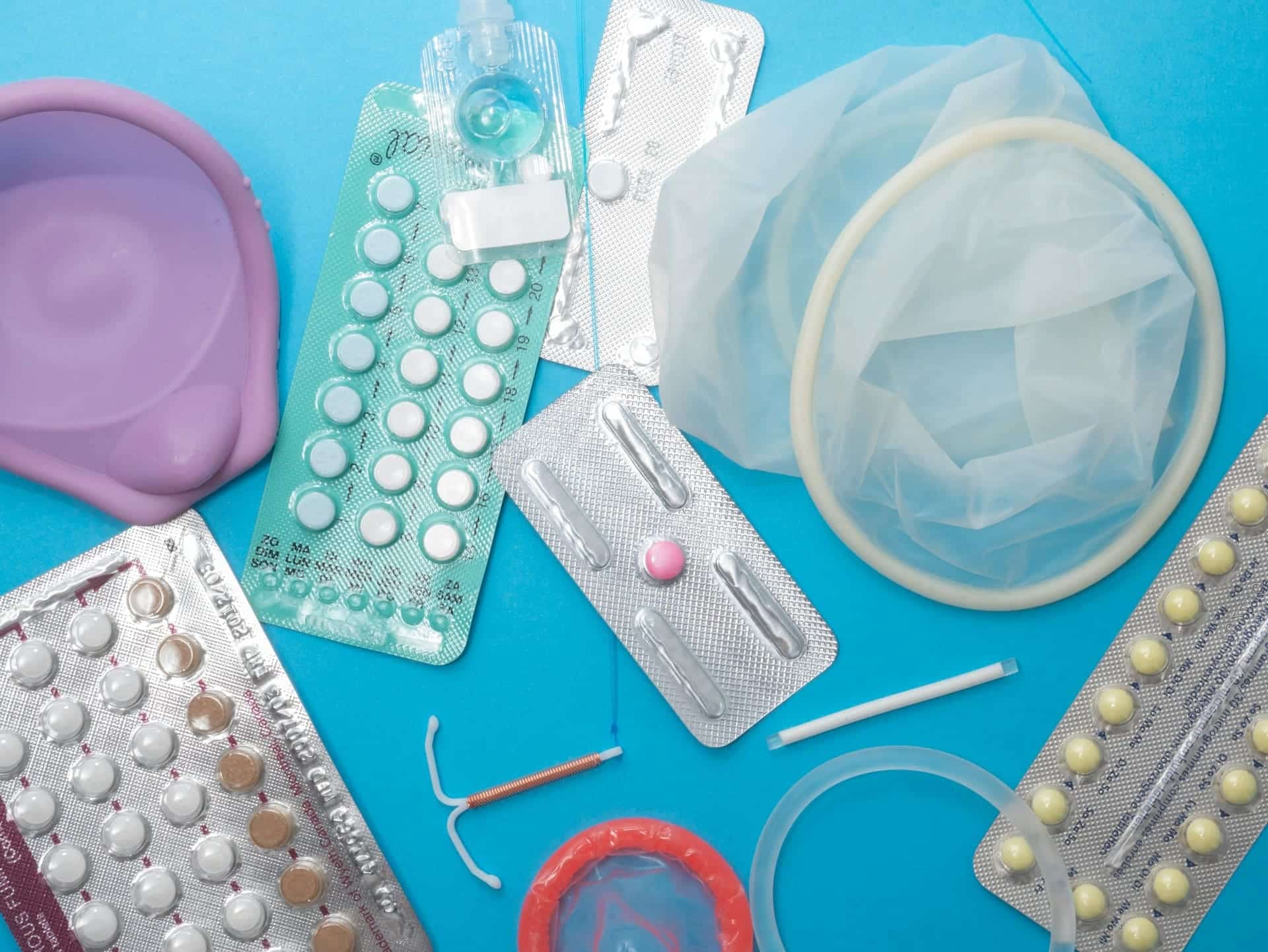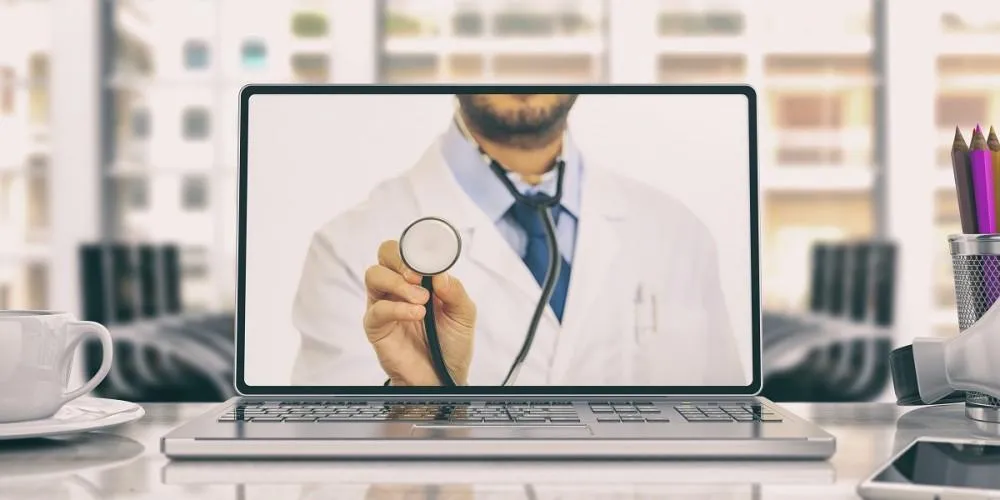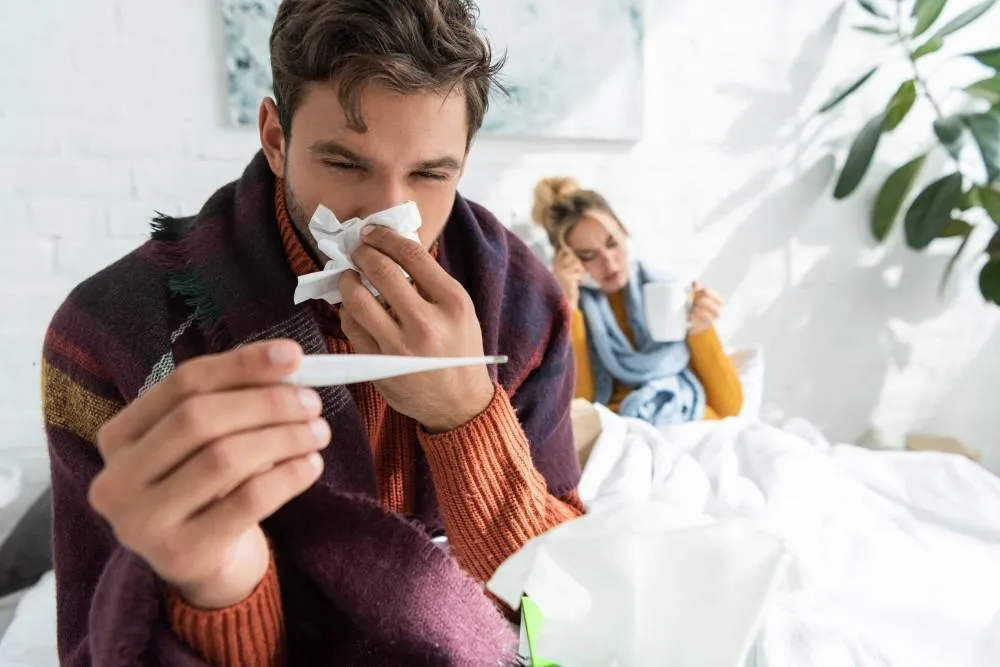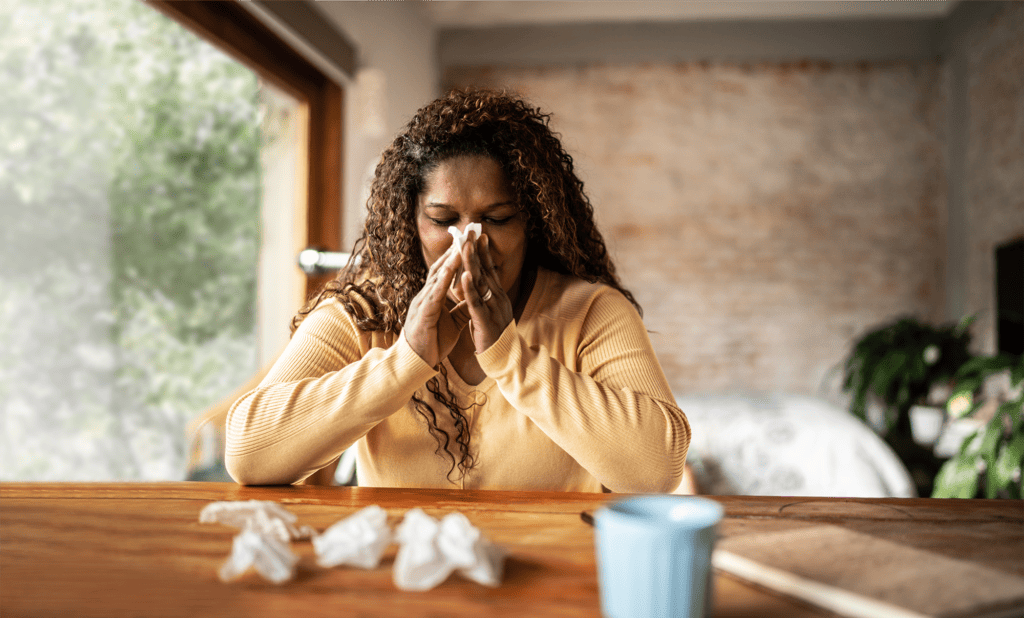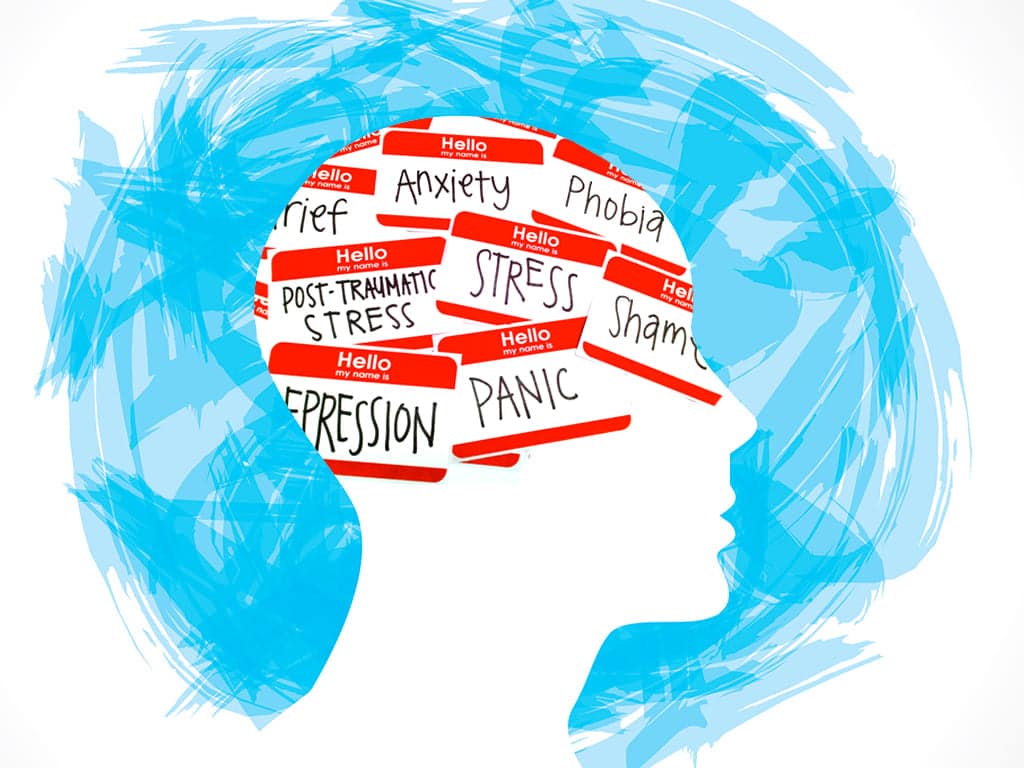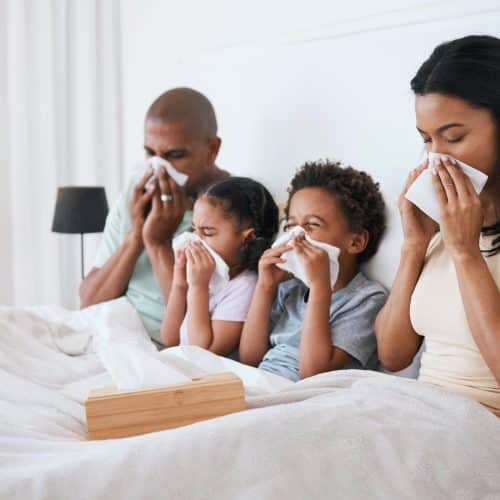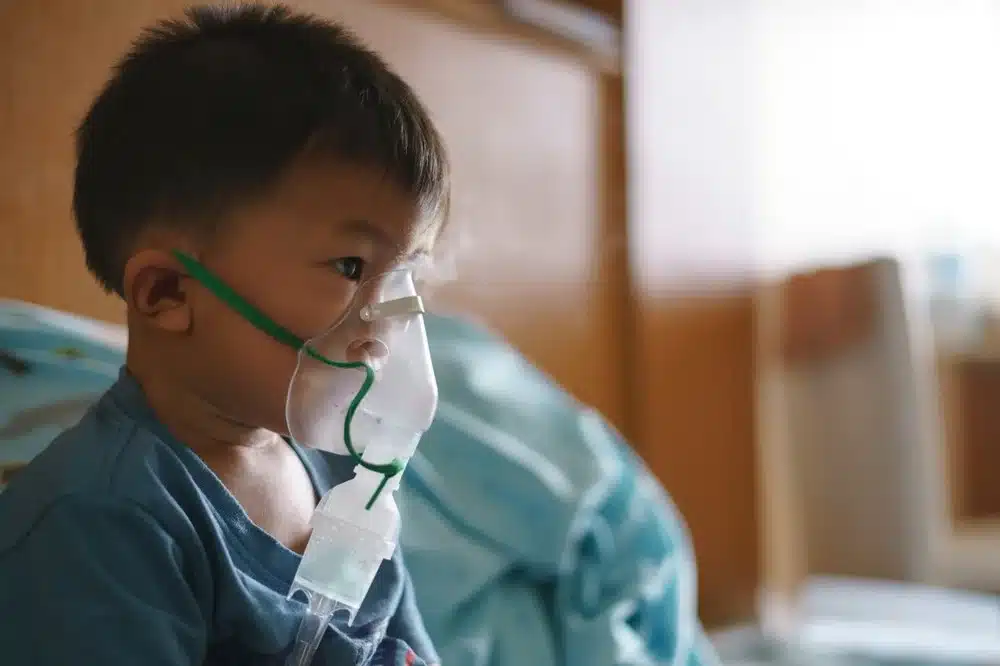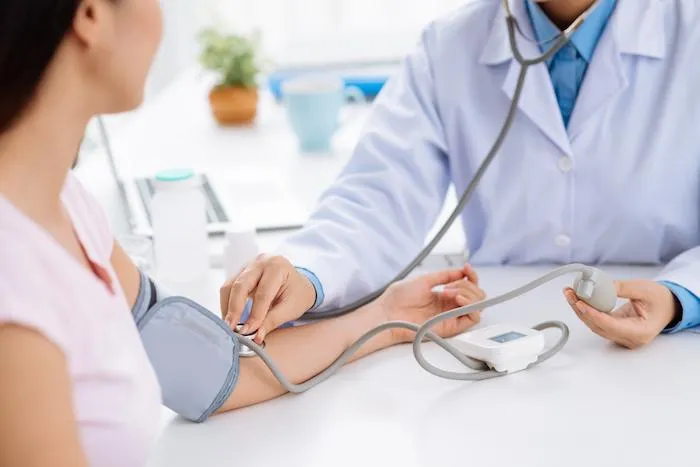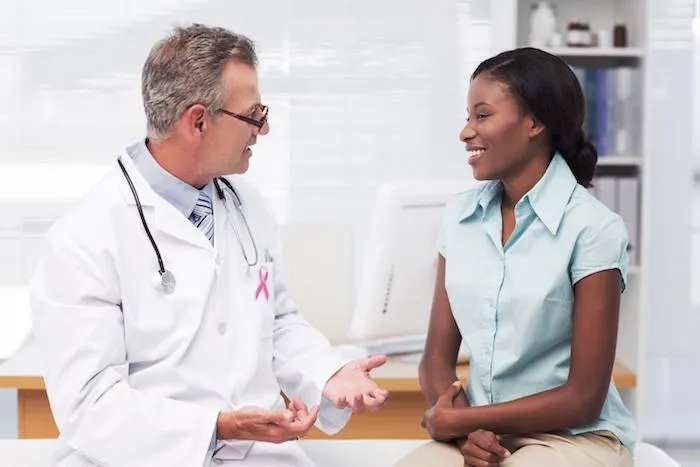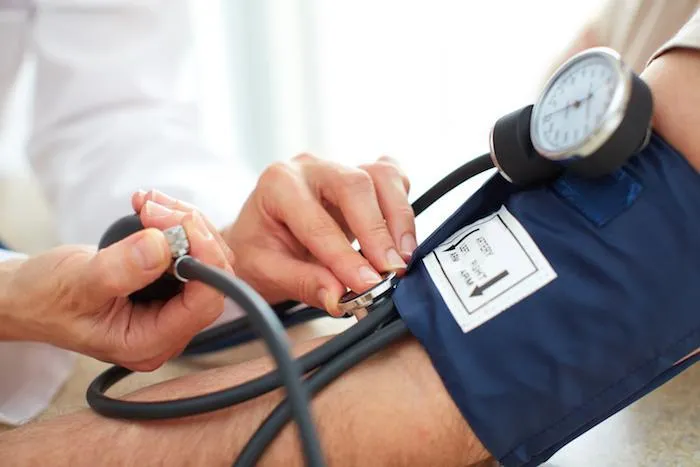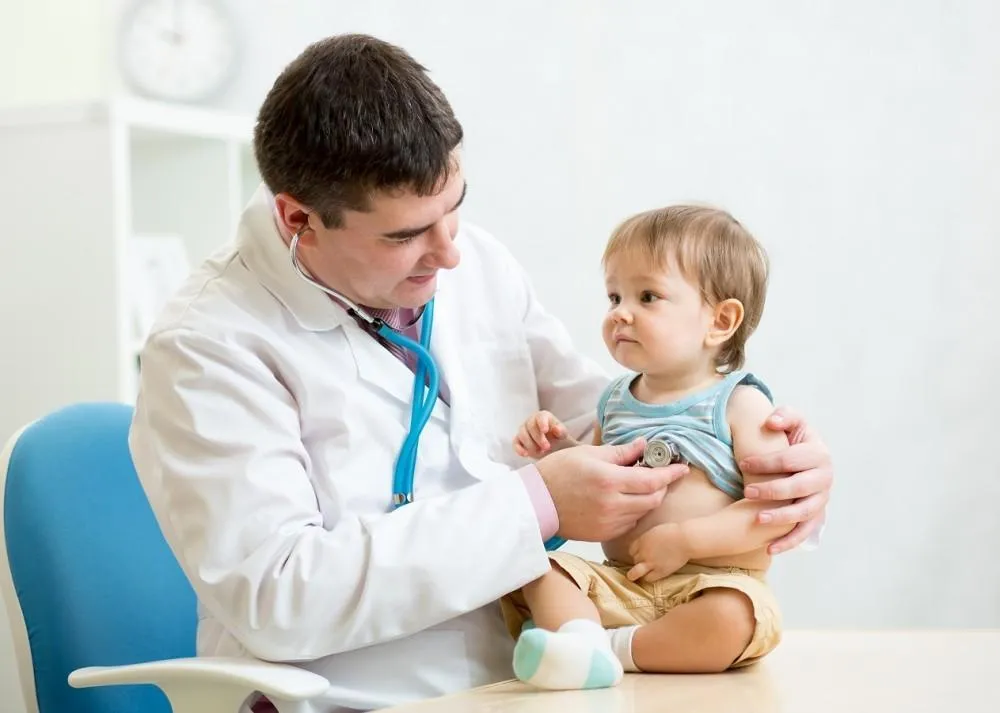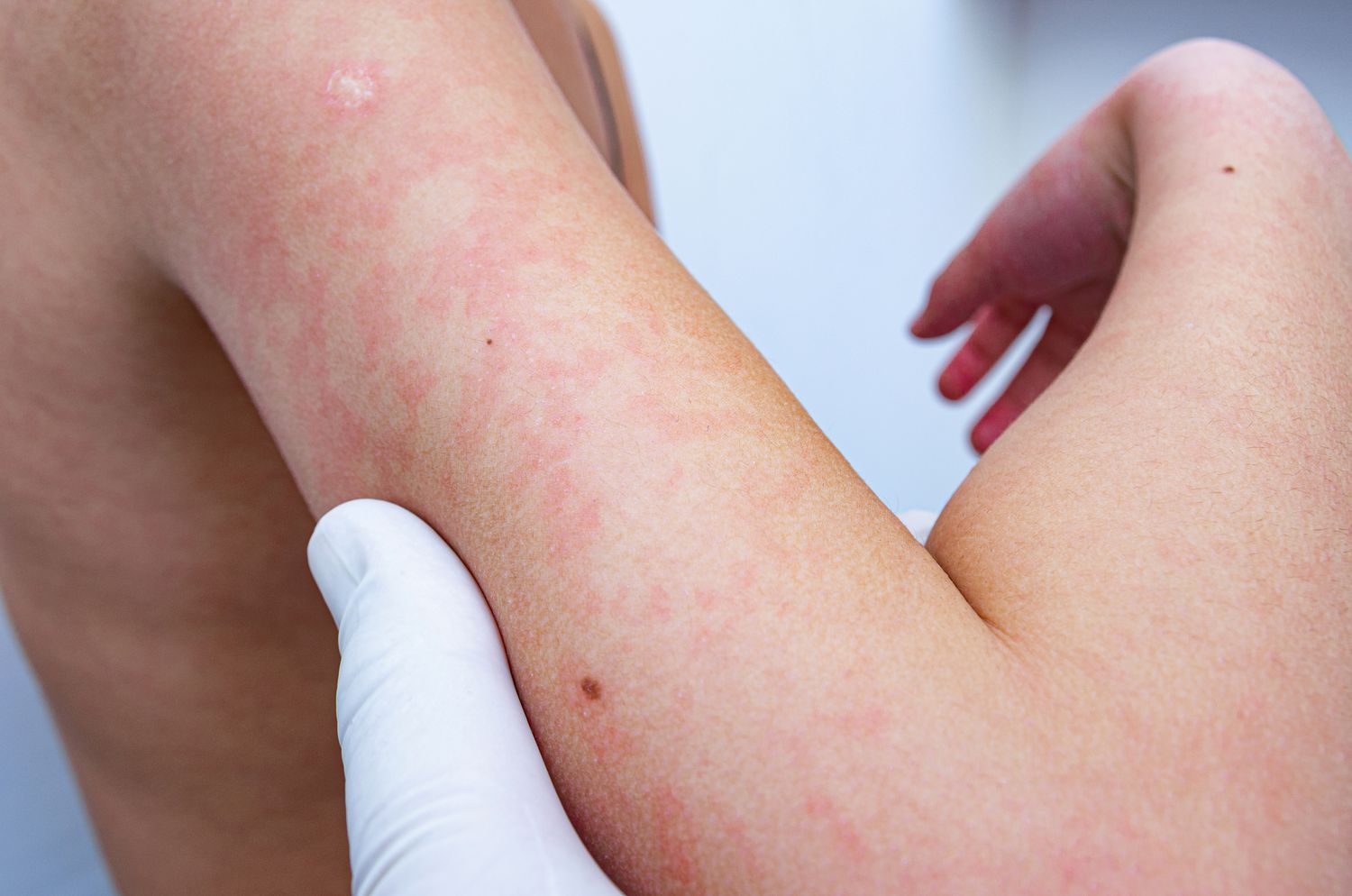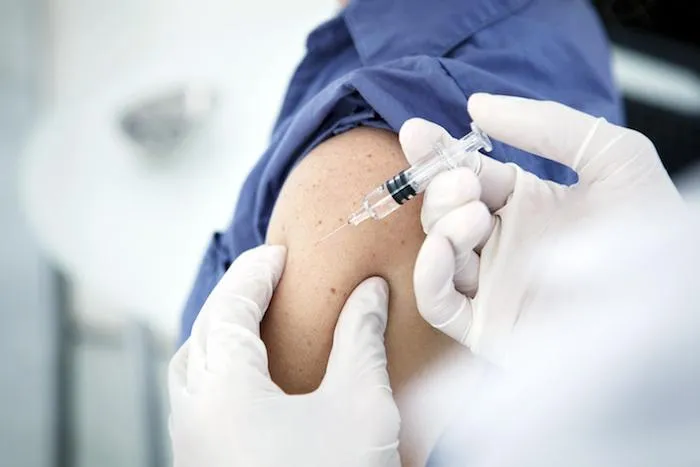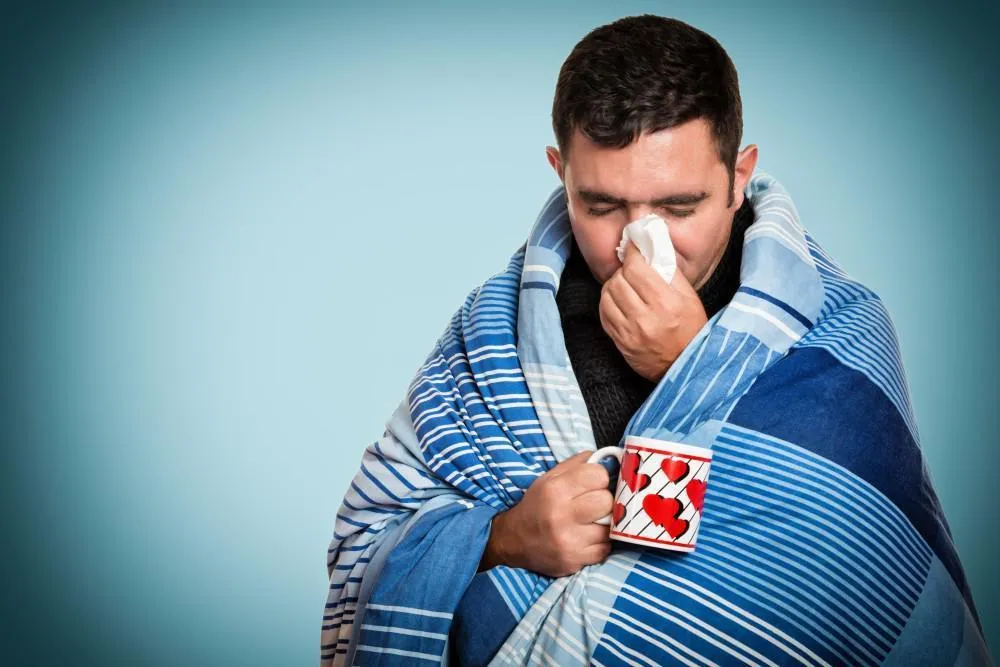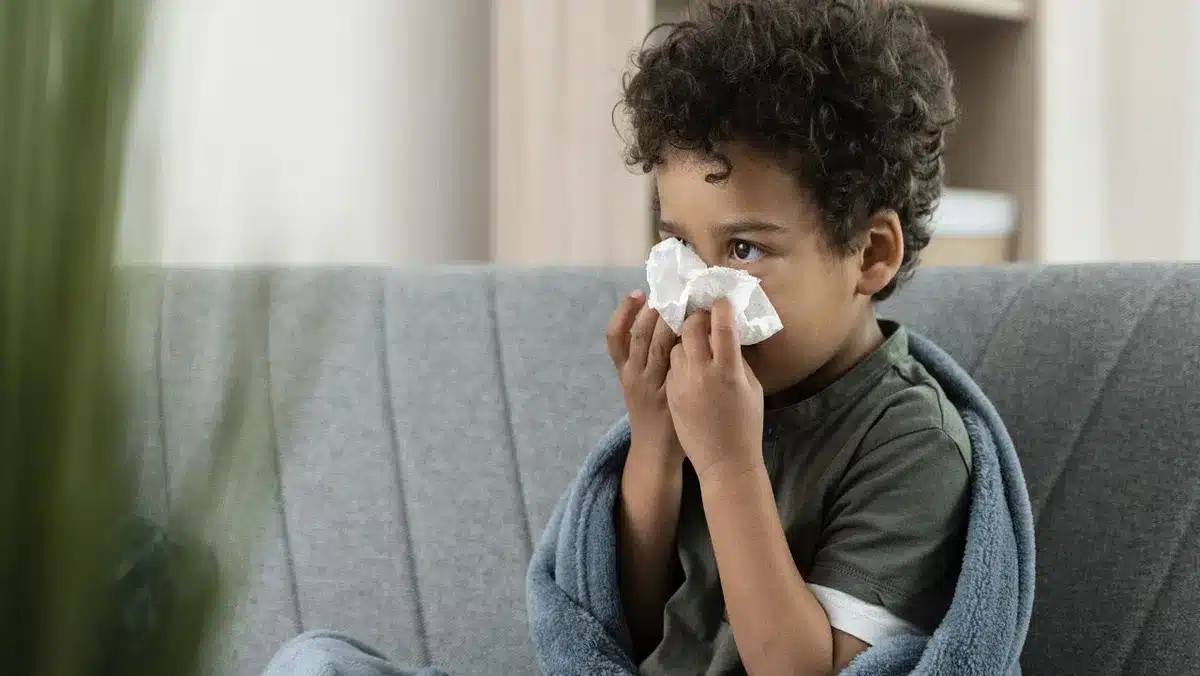STD Awareness: Popular Questions, Advice, Treatments

Sexually transmitted diseases, STIs and STDs (sexually transmitted infections and sexually transmitted diseases) are a widespread problem. World Health Organization experts conducted a study and found that 1 out of 6 people worldwide has this disease. So, STD awareness is very important.
WHO emphasizes that the number of patients with one of the four STIs – gonorrhea, chlamydia, trichomoniasis and syphilis – is gradually increasing. Genital herpes is becoming another rather serious problem. Thus, in 2016, there were almost 500 million people with this disease. Women are quite often infected with HPV, which can lead to cervical cancer. In addition, updated WHO estimates that 254 million people will have chronic hepatitis B in 2022 (The Lancet).
What are STDs?
STDs are most often caught through sexual contact, so raising STD testing awareness is crucial to ensuring that people are proactive in protecting their sexual health. The microorganisms that cause them are passed from person to person with blood, semen, vaginal or other biological fluids.
These are very insidious diseases, because they can be infected by a healthy person and not even notice the symptoms. This group of diseases is characterized by sexual transmission of the causative agent of the disease, less often infection can occur domestically.
Venereal diseases:
- Gonorrhea
- Syphilis
- Chlamydia
- Soft chancre
- Trichomoniasis
- Groin granuloma (donovanosis)
- Venereal lymphogranuloma
Why is it important to be aware of STDs? It is known that more than 30 different bacteria, viruses, and parasites can be transmitted sexually, including through vaginal, anal, and oral sex. The mother may spread some STIs to the child during pregnancy, childbirth and breastfeeding. Eight specific pathogens cause the highest rates of STIs. Four of these infections – syphilis, gonorrhea, chlamydia and trichomoniasis – are currently treatable. The remaining four infections are viral in origin. That’s why you should not ignore annual check-up programs.
Why is it Important to be Aware of STDs?
Knowledge is power when it comes to sexual health. Having STD awareness, you can protect your well-being and your partners. STD awareness is very important for people of all ages. STDs can lead to infertility, chronic pain, and even life-threatening conditions like HIV/AIDS. Knowing STDs allows a person to recognize symptoms early.
Many STDs have no signs, meaning individuals might not even realize they are infected. This makes regular checkups and screenings for women and men essential. Knowing variants of transmission of these pathologies also empowers people to make safer choices regarding their sexual health, such as using protection and engaging in open communication with partners.
Furthermore, STD awareness campaigns and education can help reduce the stigma associated with STDs, encouraging more people to seek help without fear of judgment.
What are The Common Symptoms of STDs?
Why is it important to be aware of STDs? Very often these infections do not show any symptoms at all and the patient may feel completely healthy. Often the signs of the disease are already bothersome when complications develop. It happens that a healthy person begins to suspect something wrong when the venereal disease is detected in his partner.
Still, when symptoms appear, they may include:
- Sores or bumps on the genitals, mouth or anal area,
- Burning or pain during urination,
- Discharge from the penile orifice,
- Unusual or foul-smelling discharge from the vagina,
- Abnormal vaginal bleeding (between periods or after intercourse),
- Pain during sex,
- Painful, swollen lymph nodes in the groin area;
- Pain in the lower abdomen,
- Fever,
- Rashes on the trunk, arms, or legs.
How to deal with std anxiety? In some people symptoms do not appear until years after infection. To be sure you are healthy you should not ignore STD testing.
How Can I Get Tested for STDs?
“What STDs should I be tested for?” is a question many people ask their healthcare provider. Sexual active test for STDs is a straightforward process that can be done in several ways. You can visit a healthcare provider, such as your primary care doctor, a gynecologist, or a urologist, who can conduct the necessary tests during a routine visit. Alternatively, you can use confidential STD testing in Gaithersburg, MD, or go to a community health center, many of which offer confidential or anonymous testing services.
At-home STD test kits are also available if you prefer more privacy or convenience. You may collect samples, such as urine, blood, or a swab at home and send them to a lab for analysis. Results are typically delivered online or by phone. But you should know that they may not detect all STDs. Consulting with a healthcare provider for in-person evaluation is often recommended.
How to stop worrying about STDs? Asymptomatic process of STDs makes their timely detection very difficult. Only regular testing can be the key to your health and confidence that you are protected. Always consult with a healthcare provider to determine which tests are appropriate for you.
How Often Should I Get Tested for STDs?
How often should you get tested for STDs if you are sexually active? It depends on personal risk factors, sexual activity level and number of partners. While annual testing is recommended for those in committed monogamous relationships, people with multiple partners should consider more frequent testing, such as every three to six months. If you’ve had a new sexual partner or experienced any symptoms, testing promptly is crucial. Ultimately, consulting with a healthcare provider will determine the most appropriate testing schedule for your circumstances.
Promoting STD testing awareness is crucial for early detection and prevention of sexually transmitted infections. Without testing, you might unknowingly be infected and pass it on to others. Consistent testing helps break the chain of transmission and protects the overall sexual health of a community. Remember, taking responsibility for your sexual well-being includes making regular testing a priority.
Are There Treatments for STDs?
The treatment plan may include several methods. Chlamydia, syphilis, gonorrhea and trichomoniasis are usually cured with single-dose antibiotic regimens. STD awareness is crucial for promoting sexual health and preventing the spread of infections.
Recently, drug and antibiotic resistance of STIs has been increasing, narrowing the variability of STD treatment. Gonorrhea is becoming more resistant to many extended-spectrum drugs, making it increasingly difficult to treat.
Other predominantly sexually transmitted infectious diseases are less resistant to modern drugs, and their resistance is not increasing as dramatically as that of gonorrhea. Therefore, it is critical to be prophylactic, to detect these diseases in time and to seek medical attention on time.
Complete recovery of STDs can be achieved only through a comprehensive approach. As a rule, sexual diseases require both systemic and local application of medications – besides oral medications, ointments, creams, vaginal pills and sprays are prescribed.
Can STDs Be Prevented?
How to deal with STD anxiety? STDs can be prevented through several effective strategies. The most reliable way to prevent STDs is by practicing abstinence, but for those who are sexually active, using condoms consistently and correctly is essential. Condoms act as a barrier that reduces the risk of transmission of most STDs, including HIV, gonorrhea, and chlamydia.
For STDs like human papillomavirus and hepatitis B vaccination is a great method of prevention. Regular testing and prompt treatment also play a vital role in prevention by reducing the spread of infections to others. Additionally, you and your partner should have mutual monogamy, where both partners have sex with each other, which can significantly lower the risk of STDs.
Having STD awareness about safe sex practices and the symptoms of STDs is also essential for prevention.
What is The Difference Between STDs and STIs?
The term STIs refers not to the diseases themselves but to the name of the infectious agent. STIs cover many more diseases than STDs do. They are also sexually transmitted, so STD awareness knowledge will be useful. The group of STIs includes conditionally pathogenic microorganisms, which cause pathologies.
Conditionally pathogenic microorganisms:
- Ureaplasma
- Mycoplasmas
- Candida
- Gardnerella
On the other hand, STDs are the result of an untreated STI progressing to a disease stage, where the infection starts to cause symptoms or damage to the body. For example, if STI is not treated, it can lead to STD. That’s why you should care about STD testing awareness.
It is important because STIs can be present and transmissible even in the absence of symptoms, emphasizing the need for regular testing and prompt treatment.
Can You Get an STD From Oral Sex?
Yes, it is possible to get an STD from oral sex. While oral sex may be considered less risky than vaginal or anal sex, it still carries the potential for transmitting sexually transmitted diseases (STDs). You can get herpes, chlamydia, syphilis, gonorrhea, and HPV when you have oral sex with an untested partner.
The risk of transmission increases if there are cuts, sores, or abrasions in the mouth or genital area, or if the has poor oral hygiene. How to stop worrying about STDs? The best method of protection is to use condoms to minimize the risk of possible infection.
Are There Any Long-Term Effects of Untreated STDs?
The consequences of untreated STDs can be very serious. Some infections can even increase the risk of contracting other STDs, such as HIV. Moreover, certain STDs can be transmitted to unborn children, causing serious health issues or even fatalities. To safeguard your long-term well-being, it’s imperative to prioritize regular STD testing and prompt treatment if necessary.
How to deal with STD anxiety? Understanding each other’s sexual health history can prevent misunderstandings and reduce the risk of transmitting or contracting an STD. It’s also an important step in de-stigmatizing STDs, encouraging a more honest and supportive relationship. If one partner is diagnosed with an STD, discussing it openly allows both partners to seek appropriate medical care.
Why is It Important to Talk to Your Partner About STDs?
The health consequences of untreated STDs can be very serious. Syphilis, if left untreated, can progress to its later stages, causing damage to other organs.
HIV, without treatment, can weaken the immune system to the point where the body cannot fight off infections, progressing to AIDS. Increased STD testing awareness is important for early detection and prevention of sexually transmitted infections.
STDs are often difficult to treat because the initial period of infection is often symptomless and not always diagnosed in time. Therefore, it is often necessary to treat the complications of these infections.
STIs can be avoided by living a healthy lifestyle, taking care of your health and following precautions. It should be noted that a condom does not give a full guarantee of not being infected with STIs. A condom only significantly reduces the risk of transmission. Oral and anal sex can also cause the transmission of sexual and hidden infections.
Conclusion
Protect your sexual health, using STD awareness knowledge. Knowledge is power when we talk about STDs. Don’t be shy, visit a doctor if you need to and avoid STDs. Your sexual well-being matters.

